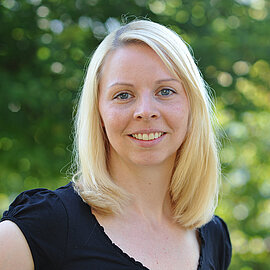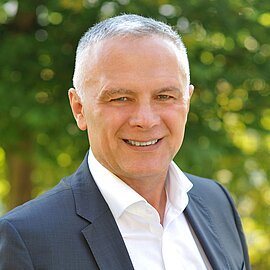The global economy was hit hard by the Covid-19 pandemic. One year later the consequences are still being felt, not least in the form of high sea freight costs and rising food prices. In IAMO Policy Brief 40, IAMO Director Thomas Glauben and researcher Maximilian Heigermoser explain recent developments in maritime food trade. To prevent a food crisis, the authors emphasise the need for strengthened international cooperation and explicitly warn against calls for domestic self-sufficiency.
While North America and Europe were hit by a second wave of infections towards the end of 2020, Southeast Asian countries, especially China, were largely spared from renewed outbreaks. Far-reaching lockdowns in the catering, hotel and service sectors in Europe and the USA in particular led to a sharp rise in demand for material consumer goods, which in turn affected shipping logistics and caused surging freight prices. Increased demand for construction materials, industrial commodities and agricultural goods from Asia and the USA caused sea freight rates for bulk carriers to reach an eleven-year high.
The monthly Food Price Index published by the FAO has recorded a continuous increase since May 2020 to reach a seven-year high, with oils and cereals particularly affected. One main reason for this is China’s increased import of animal feed. Concerns about the condition of corn harvests in South America and the USA as well as renewed discussions around export restrictions are further driving factors.
The World Bank predicts an historic increase in global poverty for 2020. Various developments affecting raw materials and freight markets could hurt efforts to reduce poverty and negatively affect global food security. “It is once again important to highlight the necessity of functioning interregional trade and to reject calls for increased regional self-sufficiency or a transition towards principles of a planned economy in the agri-food sector,” says Thomas Glauben.
Text: 2,160 characters (incl. spaces)
Further information
IAMO Policy Brief 40 “Covid-19, unequal economic recovery and maritime food trade” was published in English and German. The publication will also be available in Russian shortly. The issues can be downloaded free of charge on the following website: www.iamo.de/en/publications/iamo-policy-briefs.
IAMO Policy Briefs
IAMO conducts research on important agricultural policies. In our IAMO Policy Briefs we share our take on the researched issues. In this series of publications, we elaborate briefly and in comprehensive language on various topics, which are relevant for today's society. We hope to involve the interested public in these topics as well as decision makers in politics, the economy and the media. Since 2011, we publish IAMO Policy Briefs at irregular intervals.


